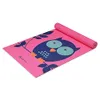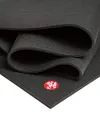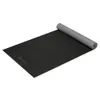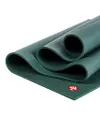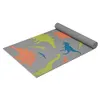
“Open up your hips and squat like a baby,” says Igor, a mobility coach whose goal is to help you move pain free. If your yogi squat could use some work, give this short hip mobility routine a try.
Squat mobility — a key factor in finding enough depth to live life below parallel — doesn’t just mean improving your hip mobility with stretches and movement, but dialing into your joint health, too.
This bodyweight routine aims to get you working into your hips and thoracic spine, stretch the hip flexor muscles and move you through internal and external hip rotation. Naturally, sitting in a low squat position will also test your glutes, quads, lower back and hamstrings.
Here’s the full routine for you to try yourself. Plus I explain some of the benefits of giving the "squat like a baby" routine a go.
Watch Igor’s hip mobility ‘squat like a baby’ routine:
A post shared by Igor | mobility coach 🇪🇪 (@igor.system)
A photo posted by on
Let me explain what I love about this routine: the inclusion of internal and external rotation. We often think of external rotation of the hip to build lower-body flexibility. Think about your shoulders the same way; if you sit all day long, you might hunch over, leading to internal shoulder rotation.
In that case, you might spend most of your time building a mobility routine that externally rotates the shoulders and opens your chest. But really, your joints should move in all planes of motion, including externally and internally, to improve overall range of motion and mobility.
In other words, use both.
Sign up to get the BEST of Tom's Guide direct to your inbox.
Get instant access to breaking news, the hottest reviews, great deals and helpful tips.
During this routine, Igor does a great job of demonstrating both by moving the knee inward and outward while stretching the hip flexors. If you’re unused to sitting in a squat position for any length of time, I recommend taking a few more breaks than Igor. It may feel uncomfortable and challenging but you shouldn’t feel any pinching or sharp pains; if you do, stop immediately.
Similar to the hip sleeper stretch, one of the exercises focuses on drawing your knee inward toward your midline, which helps improve movement mechanics for any daily activities requiring this type of motion.
If you’re unsure how to identify internal rotation, think of any seated, supine, or prone position allowing you to draw your knee, hip, or thigh inward. Typically, this motion works the gluteus minimus, medius, adductors, hip flexors and tensor fascia latae (note, the last one isn’t a type of coffee).
Now let’s focus on hip external rotation (rotating the hip outward). This action stretches the hip internal rotators and strengthens the external rotators. Other exercises you might find that help with this are the 90/90 stretch, which you can hold for 30-60 seconds per side, the seated figure-4 stretch and pigeon pose.
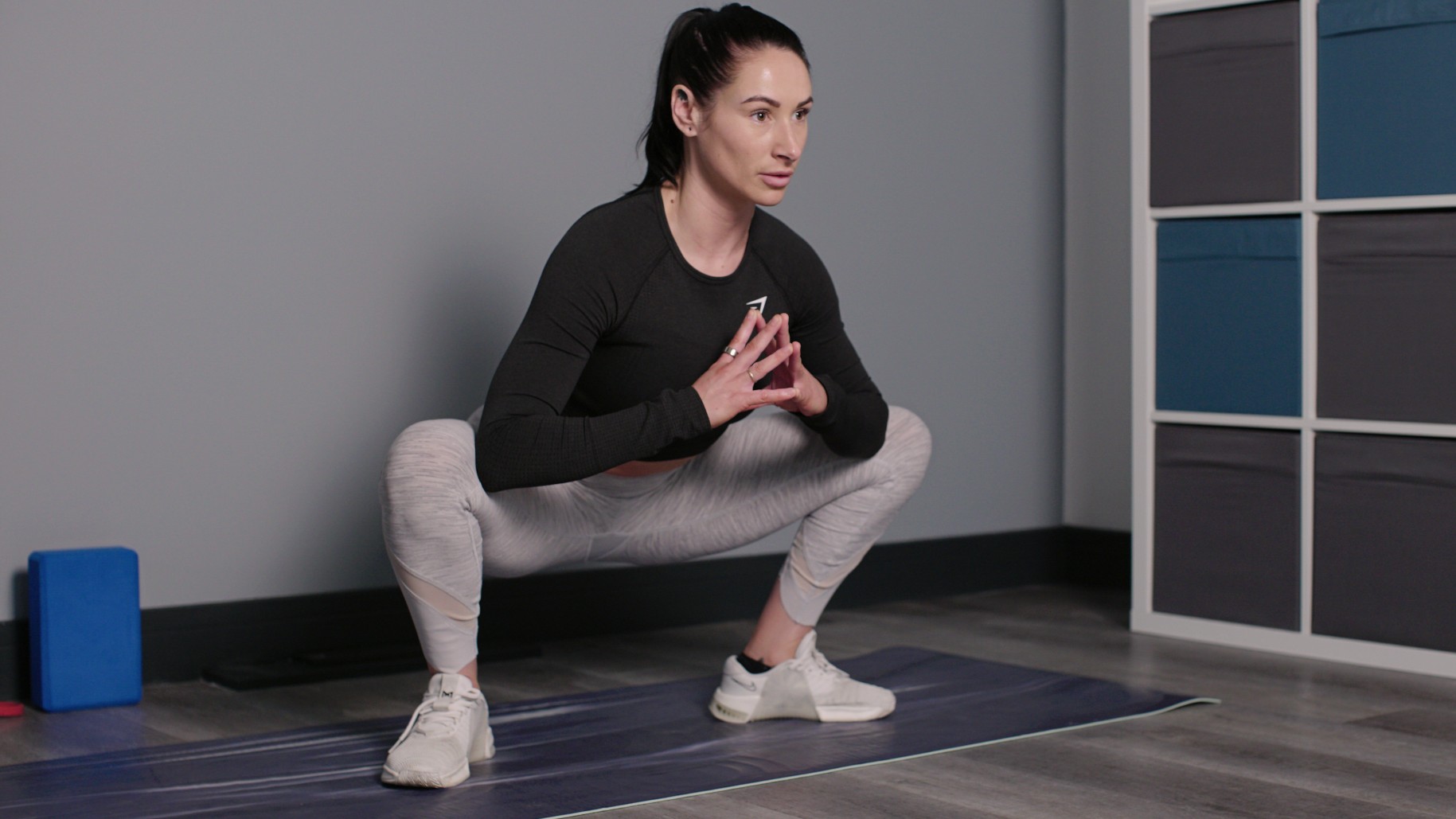
Why does mobility matter?
Just like the process of building strength or muscle in the gym, there’s no quick progress button you can hit when boosting mobility. You’ll need to practice these types of routines consistently (even just several times per week can be helpful) to see improvements, but the payoff is huge if you do: better daily functioning and performance, reduced injury, improved range of motion and joint health.
Move slowly, with control and work carefully into your muscles and joints as you follow Igor’s routine. It’s an accessible way to improve overall lower-body mobility and strength, particularly around the pelvis.
If sitting in a squat position has already got you wincing, try placing a yoga block or book on its tallest setting and resting your butt on it.
More from Tom's Guide
- I just added 'Mike Tyson push-ups' to my upper-body routine, and here's what happened
- Physical therapist shares the lower body moves you need to unlock tight hips and boost flexibility with your bodyweight
- I tried this 25-minute dumbbell workout to build full-body strength — here’s what happened
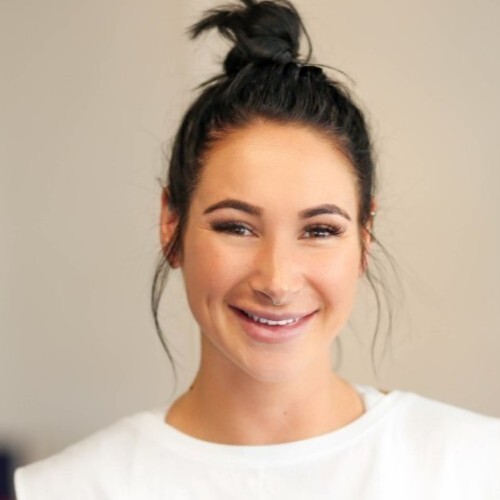
Sam Hopes is a level 3 qualified trainer, a level 2 Reiki practitioner and fitness editor at Tom's Guide. She is also currently undertaking her Yoga For Athletes training course.
Sam has written for various fitness brands and websites over the years and has experience across brands at Future, such as Live Science, Fit&Well, Coach, and T3.
Having coached at fitness studios like F45 and Virgin Active and personal trained, Sam now primarily teaches outdoor bootcamps, bodyweight, calisthenics and kettlebells.
She also coaches mobility and flexibility classes several times a week and believes that true strength comes from a holistic approach to training your body.
Sam has completed two mixed doubles Hyrox competitions in London and the Netherlands and finished her first doubles attempt in 1:11.
You must confirm your public display name before commenting
Please logout and then login again, you will then be prompted to enter your display name.
